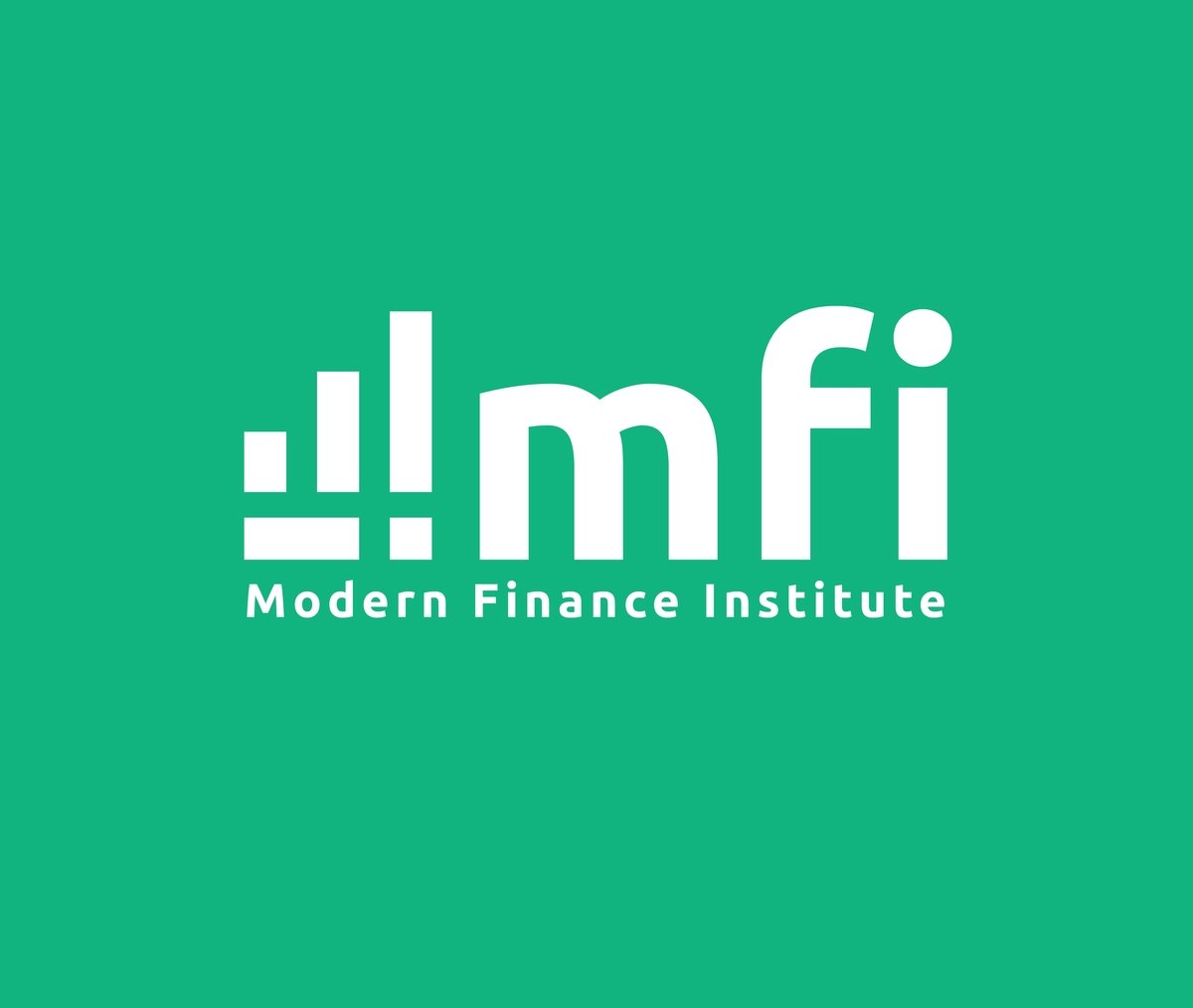Ethical Standards

Ethical Standards
Modern Finance Institute (MFI) is committed to maintaining the highest standards of publication ethics and supporting ethical research practices. In publishing the journal Modern Finance (MF), it adheres to the COPE Code of Conduct for Journal Publishers. The journal editors follow the COPE Code of Conduct for Journal Editors and refer reviewers to the COPE Ethical Guidelines for Peer Reviewers as appropriate. Misconduct allegations are investigated per the COPE Best Practice Guidelines as far as is practicable.
MFI has adopted comprehensive publication ethics and publication malpractice statements, composed using the publishing ethics resource kit and in compliance with COPE guidelines. The ethics policy extends to all activities and parties involved in publishing articles in MF and is also available on the journal’s website.
Duties of the MF Editors
Duties of Peer Reviewers.
Duties of Authors
Publisher's Confirmation
In cases of alleged or proven scientific misconduct, fraudulent publication, or plagiarism, the publisher, in close collaboration with the MF Editor-in-Chief, will take all appropriate measures to clarify the situation and amend the article in question. This includes the prompt publication of an erratum or, in the most severe cases, the complete retraction of the affected work.
Scientific Misconduct and Breaches of Publication Ethics
Scientific misconduct includes fabrication, falsification, and plagiarism by the authors.
Breaches of publication ethics include failure to reveal financial conflicts of interest; omitting a deserving author or adding a non-contributing author; misrepresenting publication status in the reference list (erroneously claiming that a paper is "in press"); self-plagiarism without attribution; and duplicate or redundant publication.
Editorial action should be expected in breaches of publication ethics and cases of scientific misconduct. MF has adopted the Committee on Publication Ethics (COPE) principles. Any and all authors submitting a manuscript to MF agree to adhere to the ethical guidelines contained in this website and acknowledge that they are aware of the consequences that may result following breaches of publication ethics. Consequences include notification of the breach in the journal, retraction of published articles, notification of institutional authorities, subsequent institutional investigation, and loss of privileges of publishing in the journal.
A redundant or duplicate publication is a publication of data, tables, figures, or any other content that substantially overlaps with other material published previously or to be published in the future. This includes work published by others or any author of the manuscript submitted to MF. When submitting a paper, the corresponding author must make a full statement to the Editor-in-Chief in the cover letter about all submissions and previous reports (in any language) that could be regarded as redundant or duplicate publications of the same or very similar work. The corresponding author is also responsible for alerting the Editor-in-Chief if the work includes subjects about which a previous report has been published or about a manuscript that is under review by, submitted to, in press at, or to be submitted to, or published in another journal in the future. Any such work must be referred to and referenced in the new paper, and a copy of the material should be included with the submission as a supplemental file. Abstracts presented at scientific meetings (with no press releases and not discussed in detail at a symposium) are not considered pre-published material.
The plagiarism detection in MF is governed by a separate Plagiarism Policy.
Editorial action and complaints
Editorial action should be expected in cases of scientific misconduct and breaches of publication ethics. Editorial actions may be taken, including notification of the breach in the journal, retraction of published articles, notification of institutional authorities, and loss of privileges of publishing in MF .
The authors who may have a complaint against any aspect of their interaction with MF should write an e-mail to the Editor-in-Chief. The Editor-in-Chief aims to acknowledge the complaint within seven days of receiving it. In addition, they should explain to the author the procedure they will undertake to resolve the matter.
Our journey is one of continuous discovery and knowledge sharing in finance and economics
We invite you to join us to contribute to a financially literate society and stimulate socio-economic progress.
